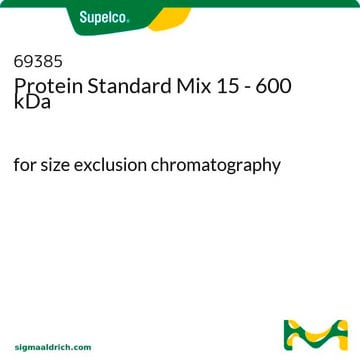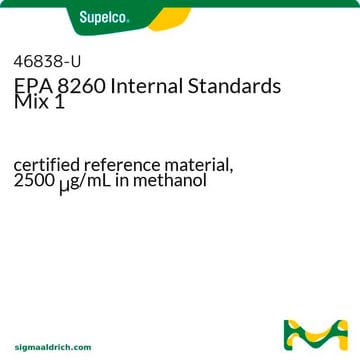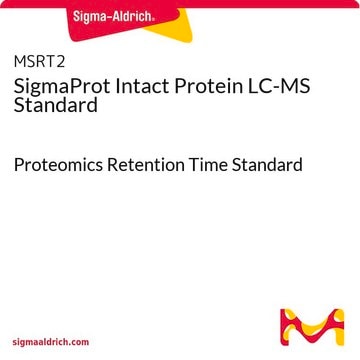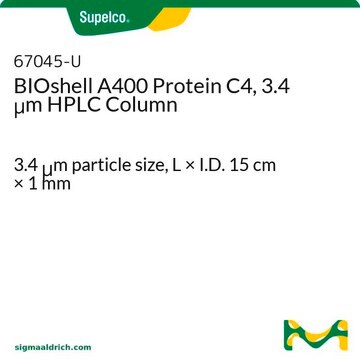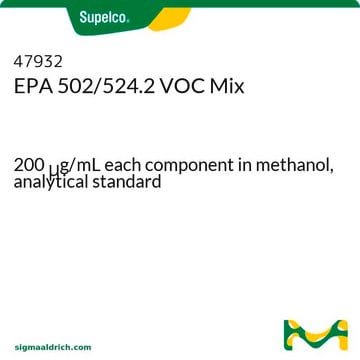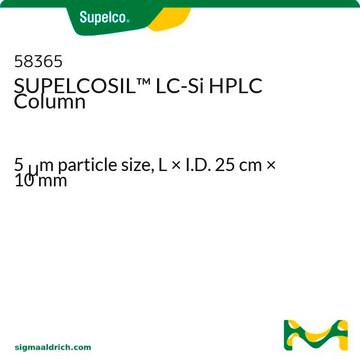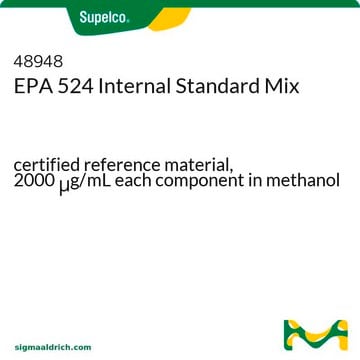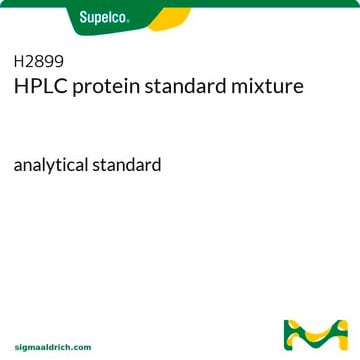50994-U
BIOshell Glycan (2.7 μm) HPLC Columns
L × I.D. 15 cm × 2.1 mm, HPLC Column
About This Item
Productos recomendados
product name
BIOshell Glycan HPLC Columns, L × I.D. 15 cm × 2.1 mm, 2.7 μm particle size
material
stainless steel hardware (column)
Quality Level
agency
suitable for USP L86
description
shell thickness (0.5 μm)
solid core (1.7 μm)
product line
BIOshell
feature
endcapped: no
analyte chemical class(es)
glycans
manufacturer/tradename
BIOshell
packaging
1 ea of
parameter
1000 bar max. pressure (14500 psi)
1000 bar pressure (14500 psi)
60 °C max. temp.
technique(s)
HPLC: suitable
LC/MS: suitable
UHPLC-MS: suitable
UHPLC: suitable
L × I.D.
15 cm × 2.1 mm
surface area
135 m2/g
matrix
spherical silica particle platform
superficially porous particle
matrix active group
hydroxy, penta- phase
particle size
2.7 μm
pore size
90 Å
operating pH range
2-9
separation technique
hydrophilic interaction (HILIC)
¿Está buscando productos similares? Visita Guía de comparación de productos
General description
View the BIOshell Glycan HPLC Columns Flyer
Application
Features and Benefits
Legal Information
related product
Elija entre una de las versiones más recientes:
Certificados de análisis (COA)
¿No ve la versión correcta?
Si necesita una versión concreta, puede buscar un certificado específico por el número de lote.
¿Ya tiene este producto?
Encuentre la documentación para los productos que ha comprado recientemente en la Biblioteca de documentos.
Artículos
The BIOshell™ Glycan column is ideal for the separation and quantitation of isolated glycans using the HILIC method for accurate glycoprotein analysis.
PNGase Fast denaturing buffer and enzyme provide results similar to a conventional 20-hour protocol, reducing workflow time to about 1 hour.
PNGase Fast denaturing buffer and enzyme provide results similar to a conventional 20-hour protocol, reducing workflow time to about 1 hour.
Contenido relacionado
La cromatografía de líquidos de alta resolución (HPLC) puede utilizarse para separar e identificar diferentes biomoléculas grandes, como proteínas y péptidos, en una muestra. Se basa en el bombeo de una muestra con un disolvente (fase móvil) a través de una columna rellena con material absorbente (fase estacionaria) a una presión elevada.
HPLC separates and identifies large biomolecules like proteins and peptides by pumping the sample through a sorbent-packed column.
La cromatografía de líquidos de alta resolución (HPLC) puede utilizarse para separar e identificar diferentes biomoléculas grandes, como proteínas y péptidos, en una muestra. Se basa en el bombeo de una muestra con un disolvente (fase móvil) a través de una columna rellena con material absorbente (fase estacionaria) a una presión elevada.
La cromatografía de líquidos de alta resolución (HPLC) puede utilizarse para separar e identificar diferentes biomoléculas grandes, como proteínas y péptidos, en una muestra. Se basa en el bombeo de una muestra con un disolvente (fase móvil) a través de una columna rellena con material absorbente (fase estacionaria) a una presión elevada.
Nuestro equipo de científicos tiene experiencia en todas las áreas de investigación: Ciencias de la vida, Ciencia de los materiales, Síntesis química, Cromatografía, Analítica y muchas otras.
Póngase en contacto con el Servicio técnico
